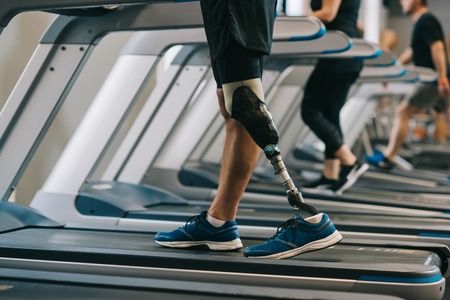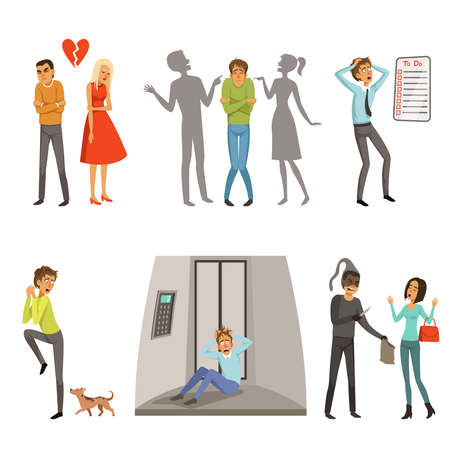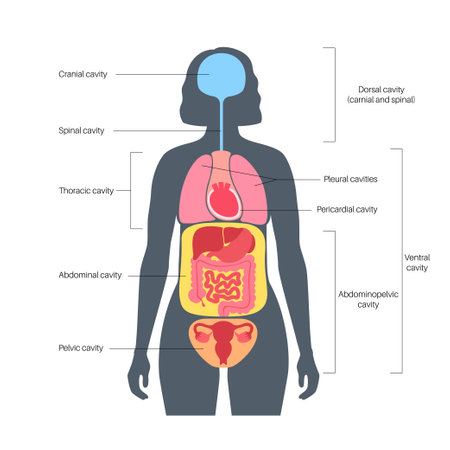Future Directions and Policy Innovations in UK Cardiac Rehabilitation Services
Introduction to the Evolving Landscape of Cardiac Rehabilitation in the UKCardiac rehabilitation services in the UK have undergone a remarkable transformation over recent decades, reflecting both advancements in clinical practice and shifting national health priorities. Traditionally focused on exercise-based recovery following cardiac events, these services have now broadened to encompass holistic care—addressing physical, psychological, and…







